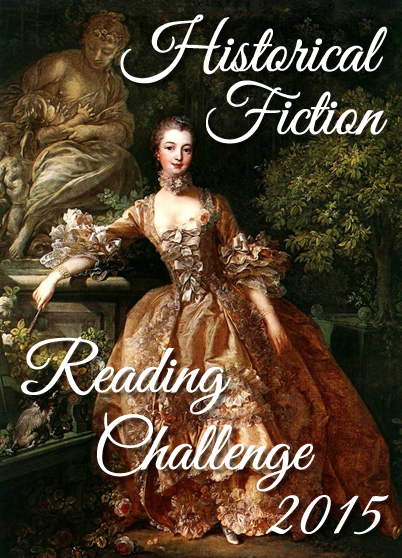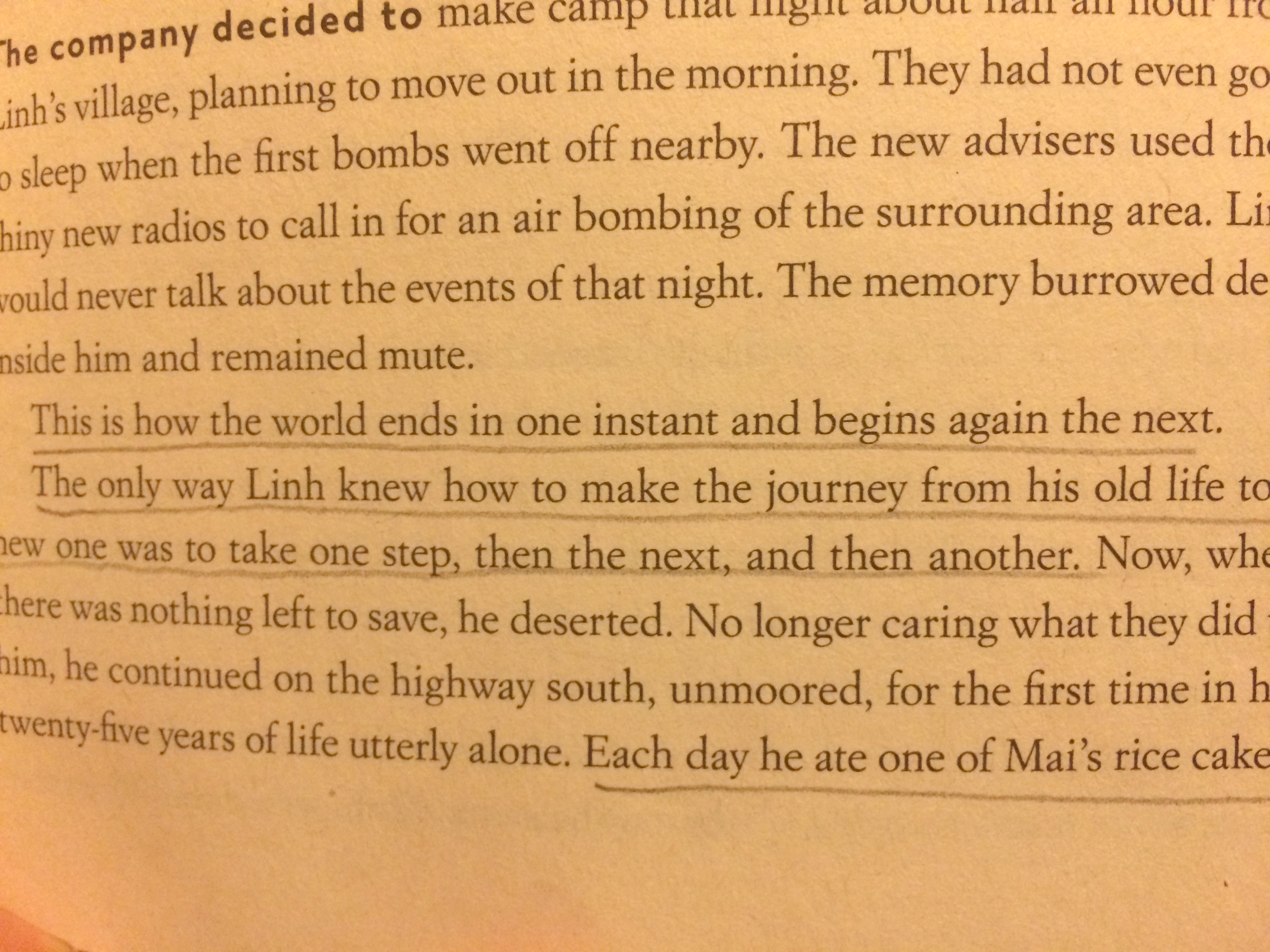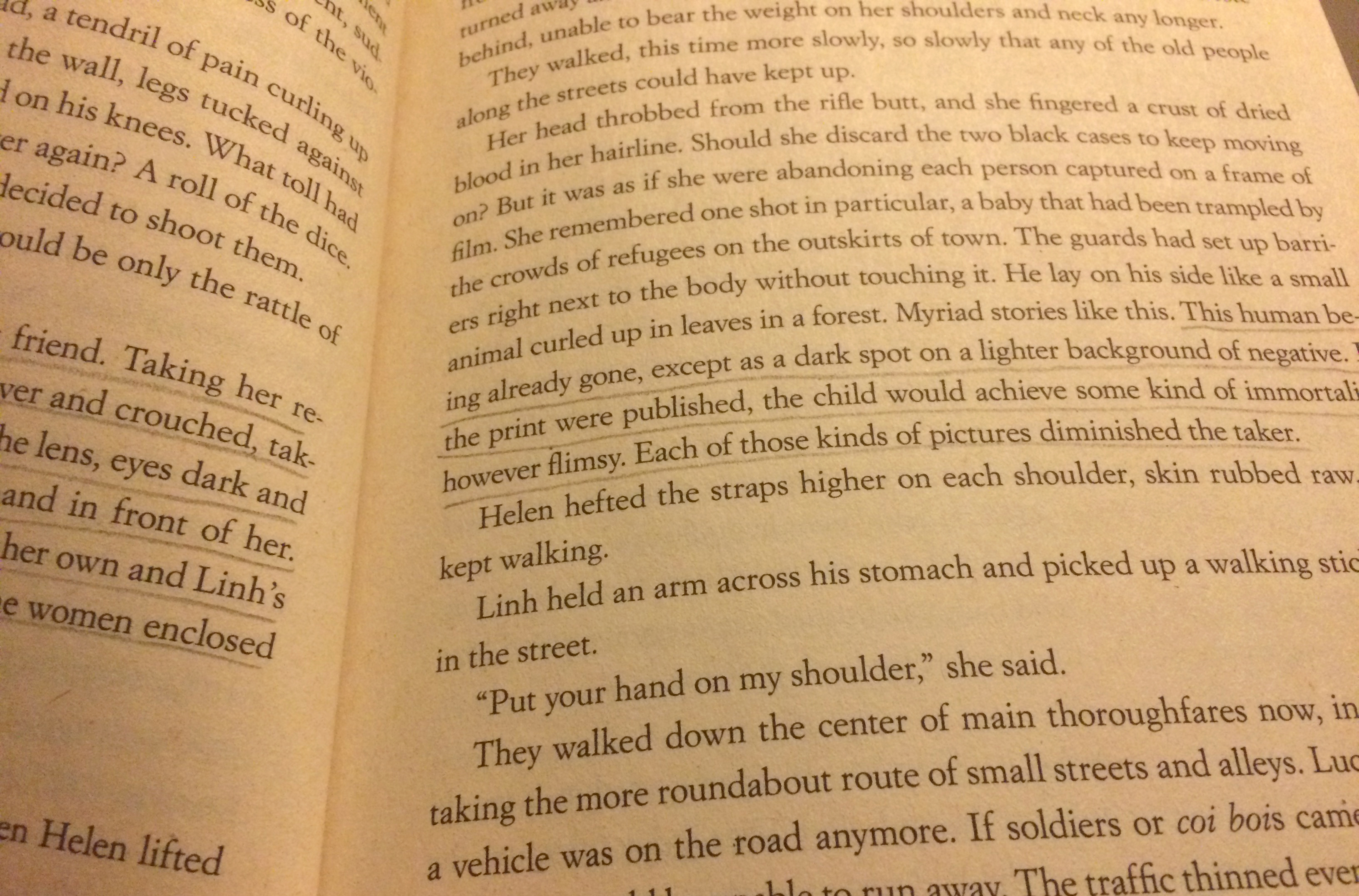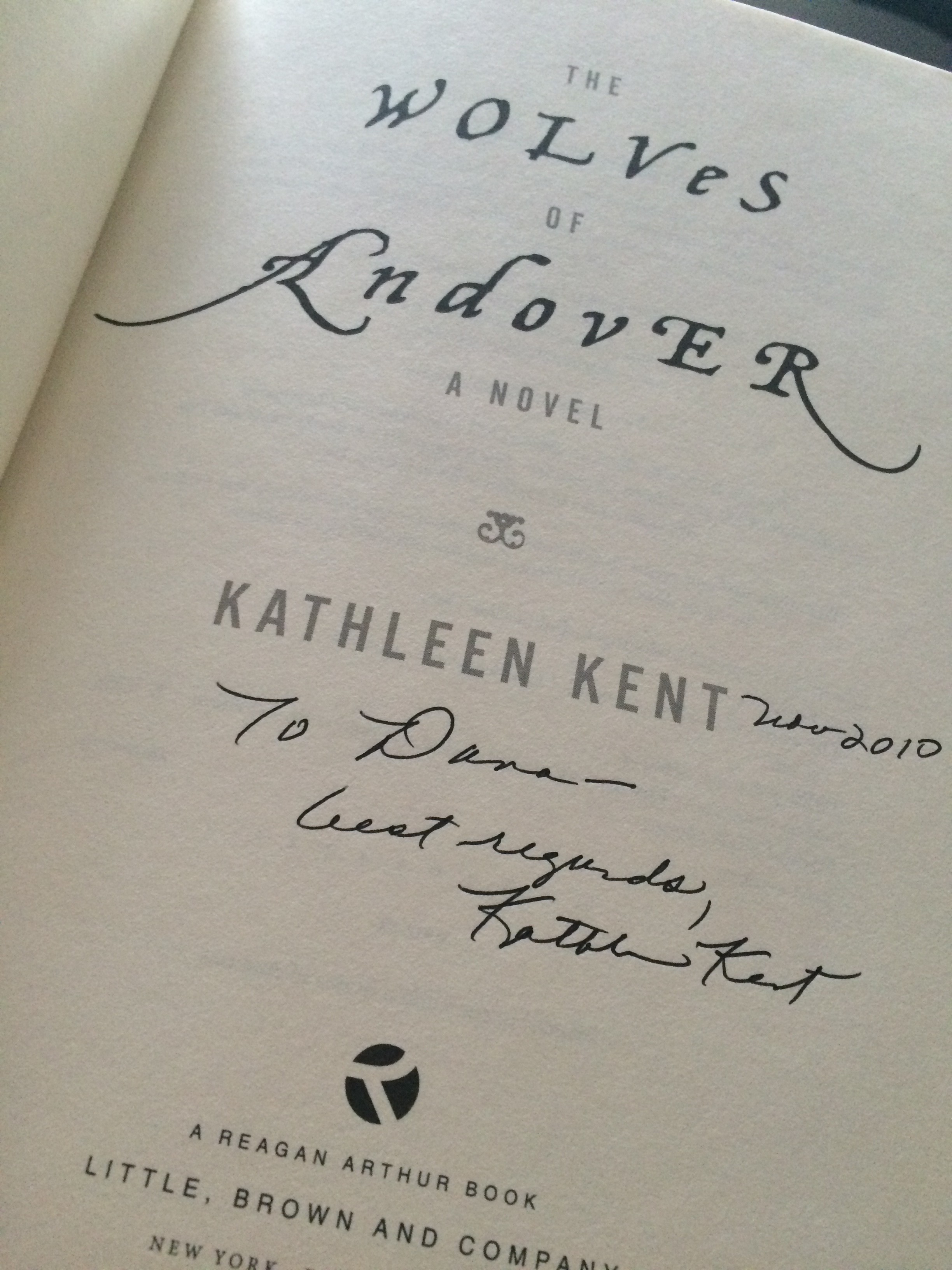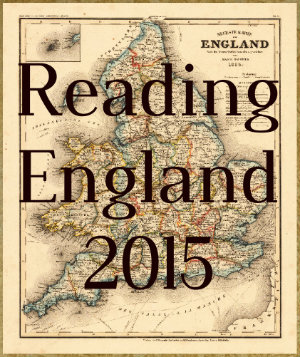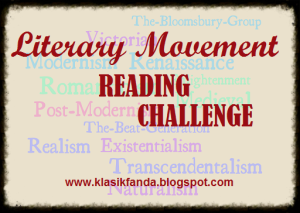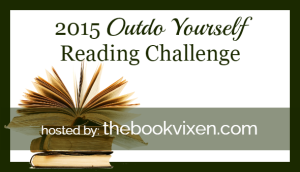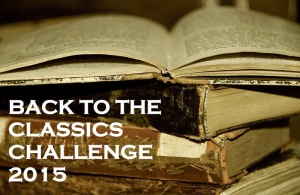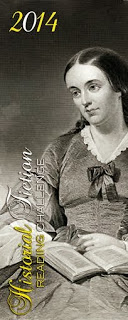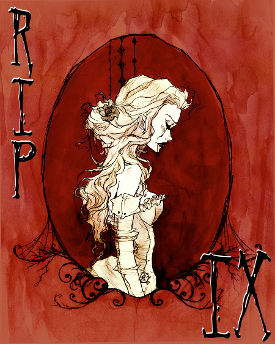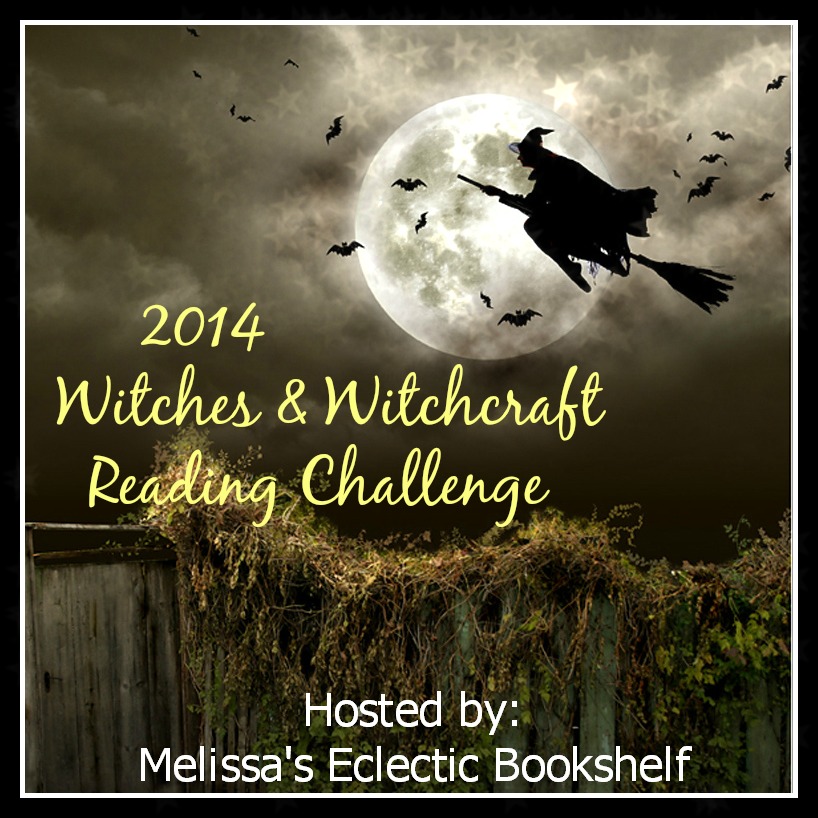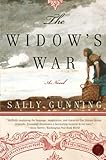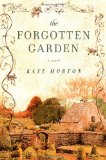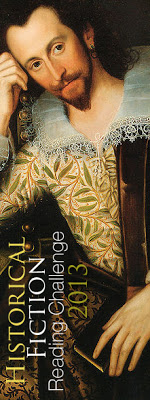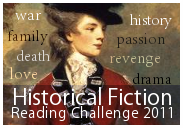
Last year I installed a plugin that makes it snow. I can enable it whenever I like, so I let it snow on my blog most of the winter because that’s usually what it’s doing here in Worcester. This winter has been sort of mild, however, and it hasn’t even been that cold with the exception of Valentine’s Day weekend. I’m turning off the snow today until next year. I’m not sure winter is really done with us because March is typically an iffy month around here, but the weather usually calms down by April.
I can’t believe I opened with the weather.
I’ve been reading up on the French Revolution for a while now. I admit to being a bit scared to take on Hilary Mantel’s novel A Place of Greater Safety because it is over 750 pages long, but I do love Hilary Mantel, and I imagine it’s a pretty good book. Having just finished Antonia Fraser’s biography of Marie Antoinette this week, I dove back into Simon Schama’s Citizens: A Chronicle of the French Revolution, and it’s so long and daunting that I really wish I could read it on Kindle. I find with e-books that I don’t feel quite so intimidated by long books, not to mention they’re easier to hold up when I’m reading in bed. This book is seriously not easy to read. Interesting so far, however.
My book club is reading The Boys in the Boat by Daniel James Brown. We meet Wednesday, and I don’t think it’s likely I’ll be finished with the book by then, but I’m going to keep at it because I am really enjoying it. I wouldn’t have picked up this book on my own, but people I respect recommended it so highly that I gave it a chance, and I’m glad I did. Brown is a good writer, and heart and humanity with which he imbues the subject of the book is a master class in how to write compelling narrative nonfiction.
Now seems like a good time to check in on my reading challenges, too. I’m on track to finish 55 books this year so far. I have completed nine books. I haven’t done much with a few of the challenges, so I need to get going. I have made little progress on the Reading England Challenge (which is very unusual for me, as I typically read quite a lot of books set in England—though this ninth book I mentioned a moment ago is book number one for this challenge). I have made zero progress with the Reading New England Challenge.
On the other hand, I’m doing well with both the #ShelfLove Challenge and the Mount TBR Challenge. I’m showing my shelves and TBR pile some love so far. Some small progress on the Historical Fiction Challenge, but as it’s my favorite genre, I’m not worried yet. I’m sure I’ll read more.
That ninth book I mentioned before I should go ahead and write about. It’s The Importance of Being Earnest by Oscar Wilde. I had first read it some years ago. I am not really sure how long now, so it was a re-read. I always forget how many of Wilde’s bon mots come from his writing rather than some quip he made in his travels. He’s extremely funny. Probably one of the funniest writers I’ve read. I find it so tragic the way he was treated toward the end of his life. I’m not sure he was exactly the nicest person. It’s hard to tell when someone is as sarcastic as he is exactly what they might really have been like. It’s entirely possible I wouldn’t have liked him if he’s as catty as he comes across, but since I don’t have to be tested by actually knowing the guy, I can declare I adore him absolutely. If you haven’t read any Wilde, this play is a wonderful place to start because it’s short, hilarious, and absolutely wonderful. It’s a great send-up of Victorian mores and frivolity (Rating: 



 ).
).
Here is hoping I can catch up a bit now that some duties at work will lighten a bit starting this week. How has your reading week been?
The Sunday Post is a weekly meme hosted by Caffeinated Book Reviewer. It’s a chance to share news, recap the past week on your blog, and showcase books and things we have received. See rules here: Sunday Post Meme. Image adapted from Patrick on Flickr.

